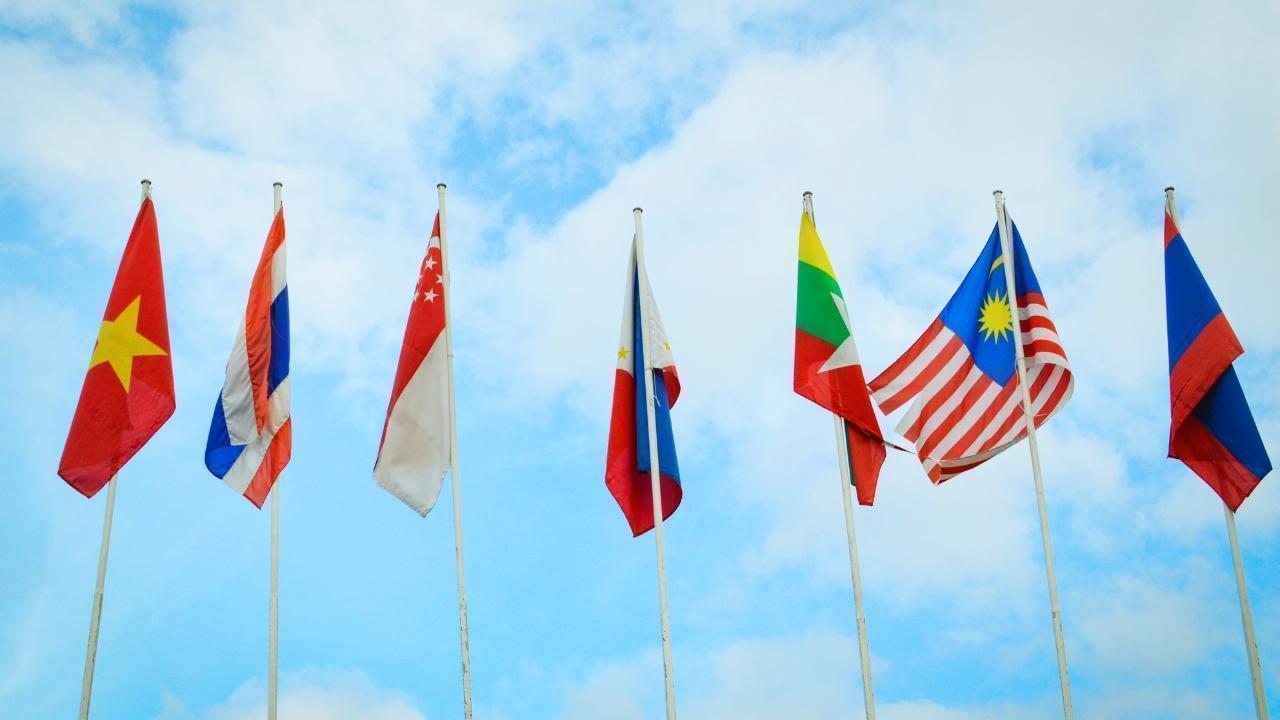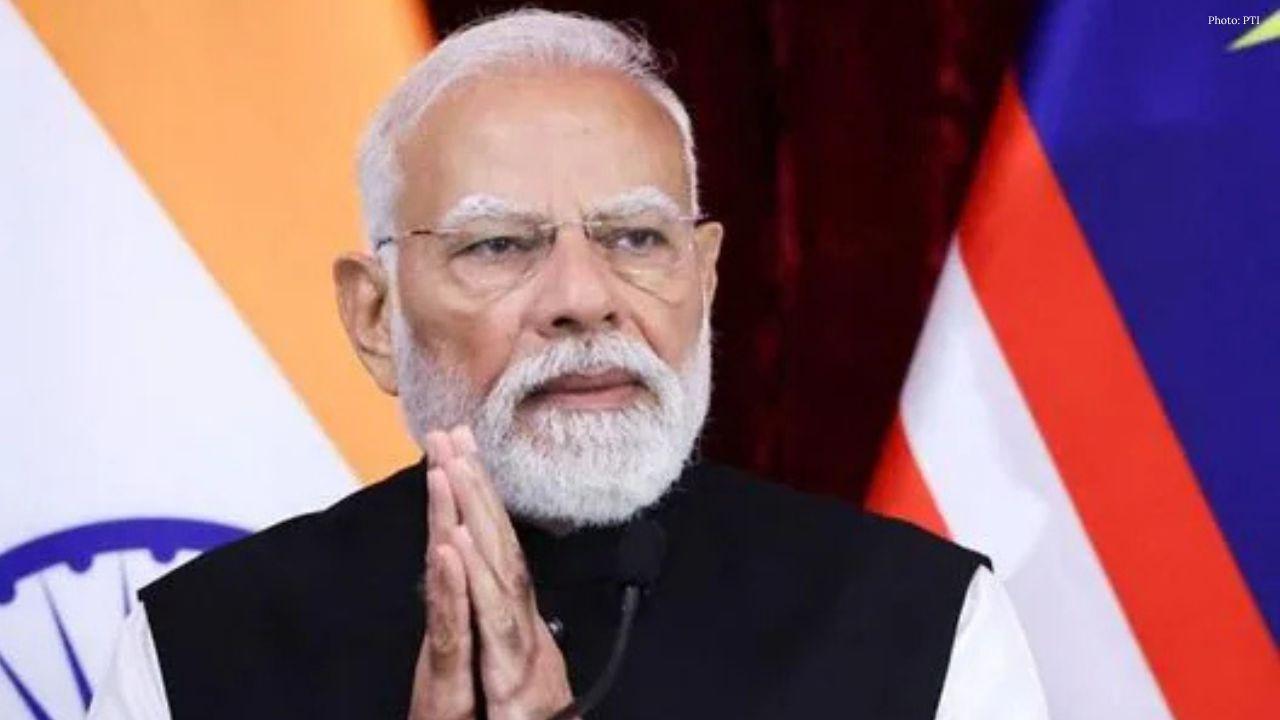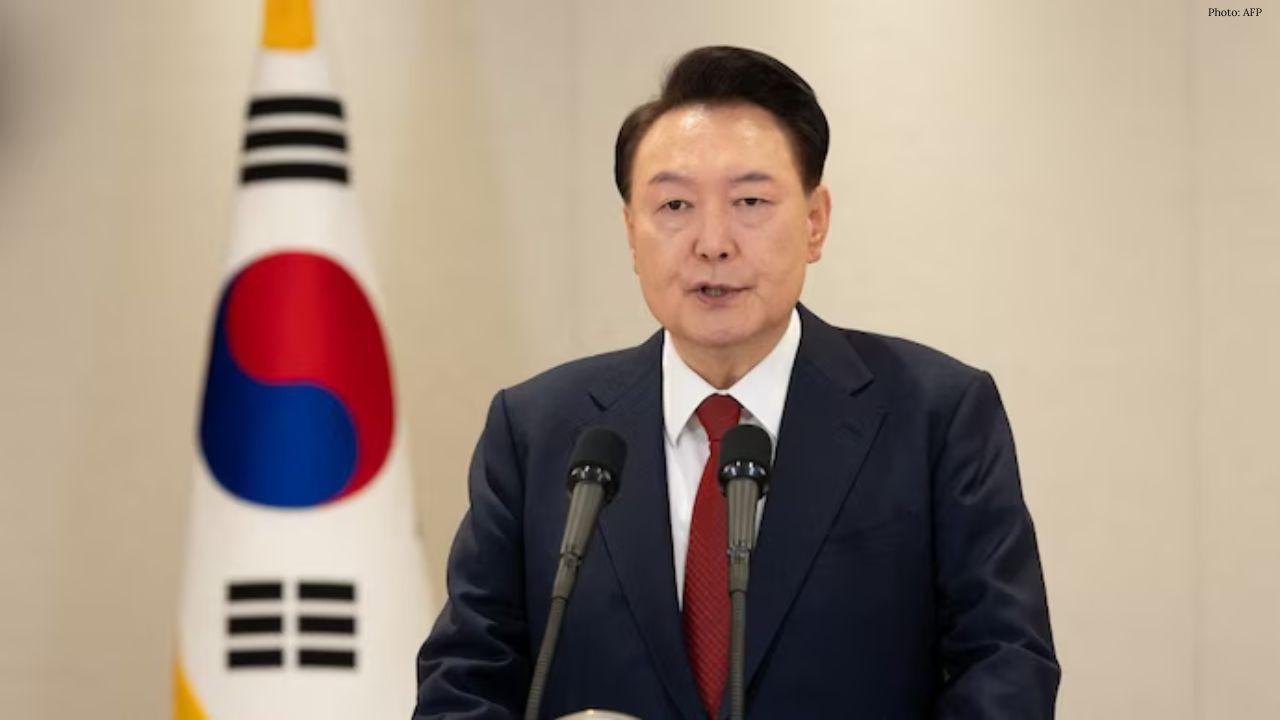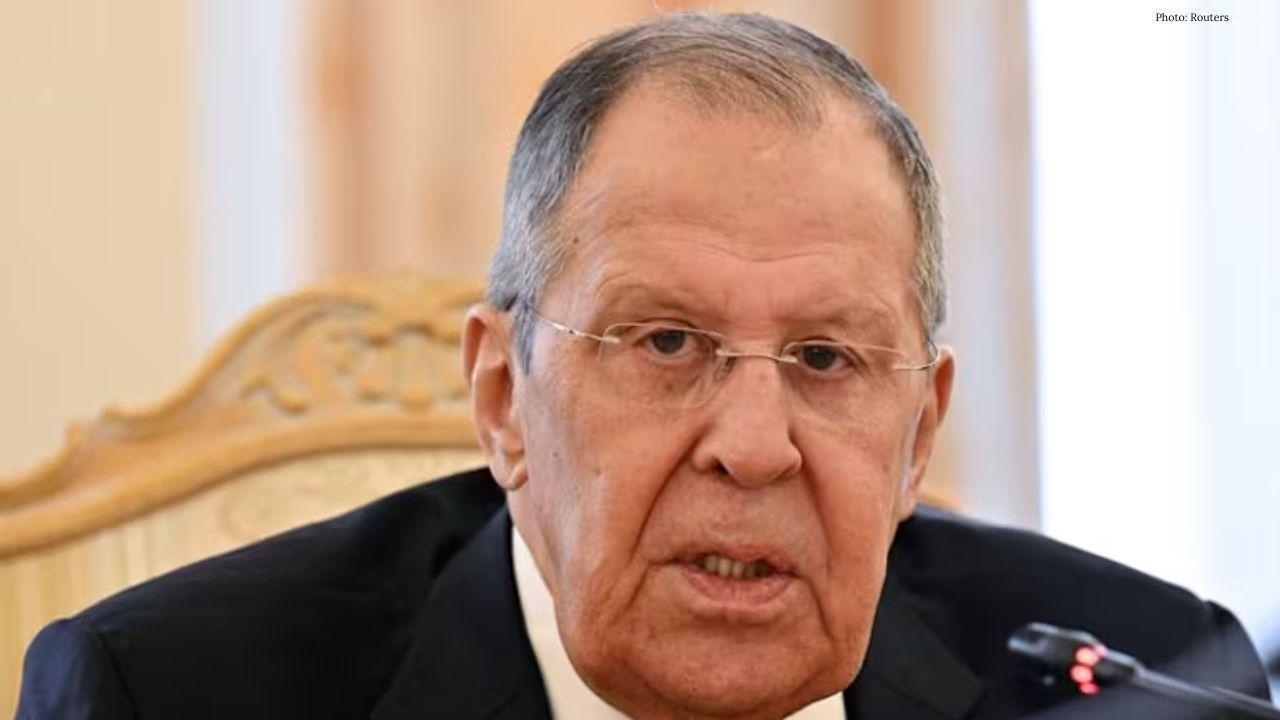You have not yet added any article to your bookmarks!

Join 10k+ people to get notified about new posts, news and tips.
Do not worry we don't spam!

Post by : Anis Farhan
Malaysia is swiftly positioning itself as one of Southeast Asia’s most promising destinations for AI innovation, as a region-wide spike in venture capital (VC) funding fuels the next generation of intelligent startups. In 2025, the country’s startup ecosystem has seen a marked rise in artificial intelligence (AI) applications, especially in sectors such as healthcare, fintech, logistics, and cybersecurity.
Powered by strong government backing, new VC funds focused on AI, and the rollout of key digital infrastructure projects, Malaysia is finally transforming from a digital adopter into a tech innovator. According to the Malaysian Digital Economy Corporation (MDEC), AI startup investments in the country are expected to exceed RM 5.3 billion ($1.1 billion) by the end of 2025—more than double the figure from 2023.
The AI funding surge across ASEAN is being led by global and regional investors who see Southeast Asia as the next big growth frontier for applied AI. Funds such as Singapore’s Vertex Ventures, Indonesia’s AC Ventures, and Malaysia’s own Penjana Kapital have collectively shifted over 40% of their 2025 allocations into AI-powered startups.
Malaysia, with its English-speaking workforce, high digital literacy, and improving data governance, has emerged as a natural magnet for this capital. Local startups are now building AI products not just for Malaysia, but for the broader ASEAN market, particularly in natural language processing, financial intelligence, agritech, and climate tech.
One rising star is Neurologix, a Kuala Lumpur-based startup using AI to detect early neurological diseases through EEG pattern recognition. Another, AlgoPay, applies machine learning to detect fraudulent digital payment behaviors in real time, offering its services to regional banks and e-wallet providers.
Malaysia’s government has been proactive in laying the groundwork for AI development. The National AI Roadmap 2021–2025, now in its final phase, has catalyzed the creation of AI sandboxes, promoted open-data initiatives, and funded joint research hubs between universities and industry players.
The Malaysia Digital (MD) initiative, launched by MDEC in partnership with the Ministry of Science and Technology, has also simplified access to tax incentives, talent relocation schemes, and compliance pathways for high-growth AI startups. Through programs like 100 Go Digital and AI@Edge, even small and medium enterprises (SMEs) are being encouraged to integrate AI into their workflows.
Additionally, the opening of AI supercomputing centers in Cyberjaya and Penang, backed by both public and private funding, gives Malaysian startups critical access to processing power that was previously out of reach.
Malaysia’s AI boom is not confined to consumer apps or chatbots. In a country where halal certification, public health data, and rural agriculture form the backbone of daily life, AI is being integrated in deeply localized and strategic ways.
Startups like HalalTrace are working with the Department of Islamic Development Malaysia (JAKIM) to develop AI models that verify halal product compliance and traceability. Meanwhile, CropIQ is deploying AI-driven pest detection and fertilizer optimization tools to palm oil farmers in Sabah and Sarawak, improving yields while reducing environmental harm.
In healthcare, the post-pandemic urgency has accelerated the demand for diagnostic automation, patient data management, and predictive health modeling—areas where Malaysian AI firms are already exporting solutions to Indonesia, Brunei, and Vietnam.
Malaysia is not operating in isolation. Its AI startups are increasingly part of a wider regional ecosystem, facilitated by frameworks such as the ASEAN Startup Alliance, the ASEAN Data Governance Framework, and cross-border R&D funding.
In 2025, Malaysia joined a multilateral agreement with Singapore, Thailand, and Vietnam to standardize AI ethics principles and data-sharing protocols, enabling startups to test and deploy products across multiple ASEAN jurisdictions with fewer regulatory hurdles.
This move is expected to significantly boost scalability and market access for Malaysian firms, particularly in fintech and enterprise AI services.
Despite the surge in capital and innovation, Malaysia’s AI ecosystem faces familiar challenges:
Talent shortages in deep AI engineering, particularly in natural language processing and generative AI.
Public trust concerns around data privacy and algorithmic bias in sensitive applications like healthcare and education.
The need to balance AI growth with sustainability goals, ensuring that energy-intensive models do not conflict with Malaysia’s green development agenda.
To address these issues, several universities have launched AI-focused degree programs, and regulatory bodies are crafting sector-specific AI ethics codes. Industry leaders are also pushing for AI systems that prioritize local language fluency, inclusivity, and environmental responsibility.
As ASEAN’s digital economy matures, Malaysia is carving out a unique role: not merely as a hub for outsourcing or low-cost tech support, but as a platform for high-value, ethical, and export-ready AI solutions. With capital flowing, policy support strong, and cross-border markets opening, Malaysian startups are seizing their moment.
What lies ahead is not just more funding—but deeper integration of AI into the region’s social and economic fabric, with Malaysia helping lead that transformation.
This article is intended for general information only and should not be construed as financial, policy, or technical advice. For regulatory updates, consult Malaysia’s Ministry of Science and Technology or MDEC.










Justice Department Joins Lawsuit Over Alleged Racial Discrimination in Los Angeles Schools
Case challenges LAUSD program that categorizes students by race for funding and admissions

PM Modi Macron and Global Tech Leaders Attend India AI Impact Summit 2026
World leaders and top technology CEOs gather in New Delhi to discuss the future of artificial intell

Ghost Employee Real Salary Indian-Origin Man Cheats US Firm of $1.2 Million
Fake hiring, zero work and secret kickbacks exposed in a long-running corporate fraud case

South Korea Court Sentences Ex-President Yoon Suk Yeol to Life Imprisonment
Former leader found guilty of leading insurrection after declaring martial law in 2024

José María Balcázar Becomes Peru’s Eighth President in a Decade
Congress elects veteran lawmaker as interim leader after removal of previous president

Russia’s Lavrov Warns Against Any New US Strike on Iran
Moscow urges restraint amid rising US-Iran tensions and ongoing diplomatic talks